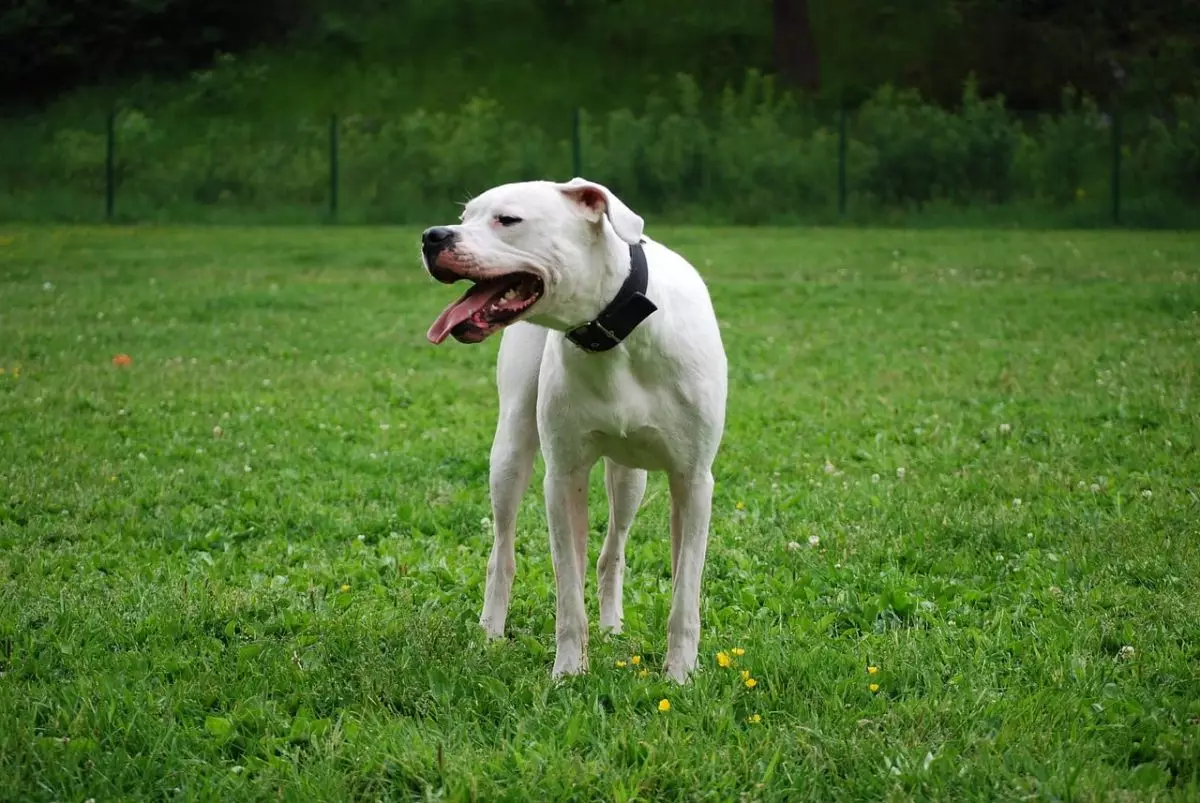In recent years, certain dog breeds have become the focus of extensive legislative scrutiny, leading to widespread bans and restrictions across various regions. This rise in breed-specific legislation (BSL) typically stems from public safety concerns related to dog attacks and perceived aggression. However, BSL often oversimplifies the complexities of canine behavior by targeting entire breeds instead of addressing the individual temperament of pets and the role of responsible ownership. This has ignited a passionate debate among dog advocates, owners, animal behaviorists, and legislative bodies, questioning the effectiveness and fairness of such blanket policies.
The essential flaw of BSL lies in its lack of consideration for factors beyond breed. A dog’s environment, upbringing, and the level of training received all significantly contribute to its behavior. To underscore this point, many experts advocate for a more nuanced approach—one that emphasizes educating dog owners, promoting proper training methods, and encouraging responsible pet ownership over the outright banning of specific breeds.
Among the breeds frequently targeted by BSL is the Pit Bull Terrier, often generalized under a single label that encompasses various types, such as the American Pit Bull Terrier and American Staffordshire Terrier. These dogs have garnered a notorious reputation stemming largely from media coverage of isolated incidents. In many jurisdictions, this has resulted in outright bans or severe restrictions.
Opponents of such policies emphasize that when appropriately trained and socialized, Pit Bulls are affectionate and loyal companions. As is often the case in public perceptions of aggressive breeds, the role of irresponsible ownership cannot be overstated. Poor training and neglect frequently yield negative behaviors in any breed, not just those that are labeled as “dangerous.” Advocates argue that rather than indiscriminate regulations, communities should focus on responsible practices and prioritizing education for dog owners regarding breed characteristics and needs.
Rottweilers and Doberman Pinschers also frequently find themselves on the list of banned or restricted breeds. Both dogs embody strength and loyalty, traits that thrive in well-trained environments. However, their reputations as aggressive animals often overshadow their affectionate nature. Rottweilers, with their protective instincts, are commonly perceived as dangerous, resulting in restrictions in places like Ireland and some U.S. cities. Similarly, Doberman Pinschers, recognized for their guarding abilities, can also face stringent licensing requirements in various regions that seek to regulate their ownership.
The underlying issue seems to be less about the breeds themselves and more about how they are raised and trained. Responsible ownership should be the cornerstone of dog legislation, rather than stigmatizing breeds by a few high-profile incidents. Successful owners report deeply loyal animals that display gentleness and intelligence when trained properly, highlighting the importance of individualized attention over general bias.
Beyond the familiar breeds of Pit Bulls and Rottweilers, the discussion extends to dogs with histories related to aggression or combat, such as the Japanese Tosa and Dogo Argentino. The Tosa was bred for dog fighting, which has contributed to its ban in various countries. Meanwhile, the Dogo Argentino, created for big-game hunting, faces similar scrutiny. Although their pasts may inspire fear, advocates assert that these breeds can also lead placid, loving lives in the right environments.
Highlighting that dog behavior is often a reflection of human input, it’s evident that both temperament and training play critical roles in shaping a dog’s disposition. Continued emphasis on responsible ownership could redefine public perceptions of these breeds, fostering a system that promotes understanding over fear.
As the conversation surrounding BSL continues, it becomes increasingly clear that education is a pivotal factor moving forward. Training programs for dog owners and community initiatives that promote responsible practices can enable a more informed populace. By equipping dog owners with knowledge about proper training techniques, breed characteristics, and effective socialization strategies, the potential for dog-related incidents can be considerably lowered, allowing for better outcomes than outright bans on specific breeds.
Rather than ostracizing certain breeds, communities should prioritize fostering a culture of responsible dog ownership and training. Through education and awareness, we can aspire to diminish misconceptions surrounding these loyal companions. Every dog, regardless of breed, deserves to be understood and provided with the opportunity to thrive in a loving environment. By shifting focus from fear to empowerment, we can pave the way to a safer and more inclusive relationship between humans and their canine companions.


Leave a Reply